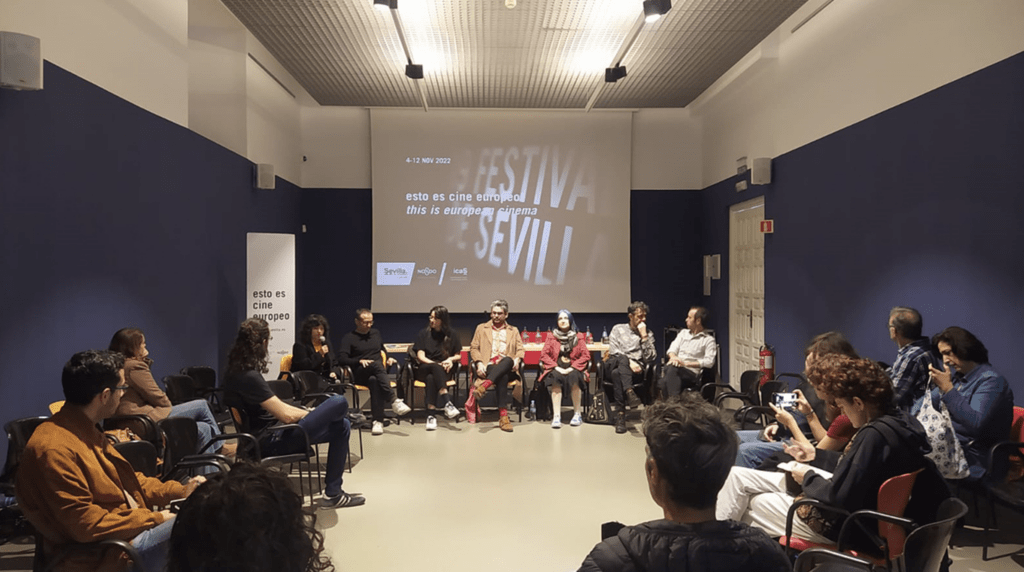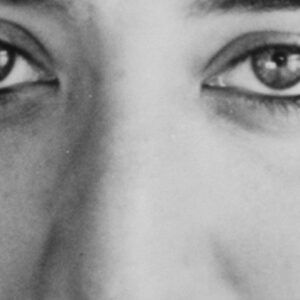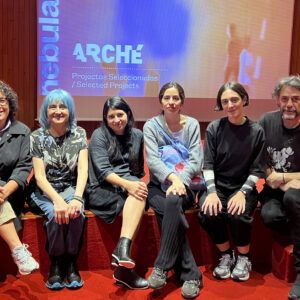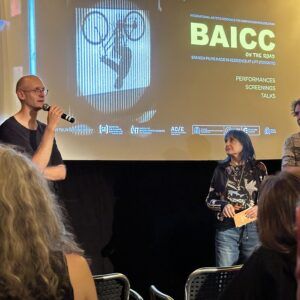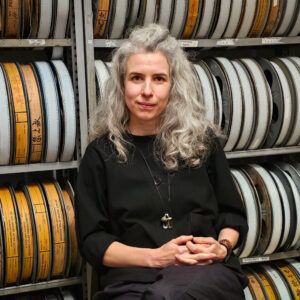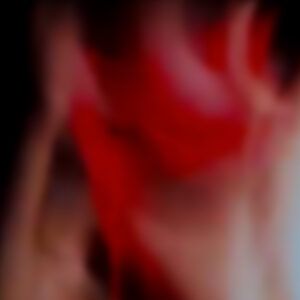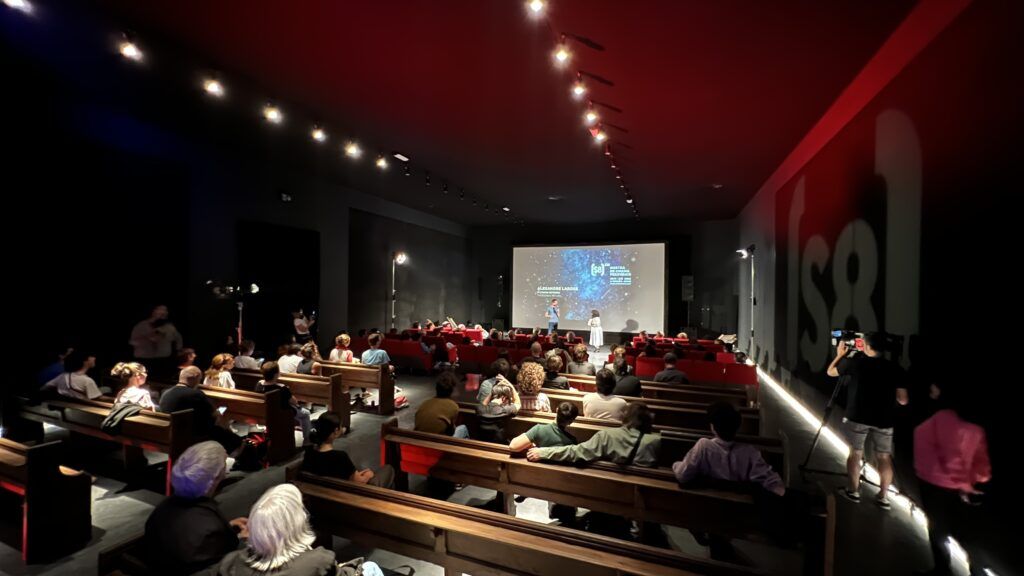
The (S8) Peripheral Cinema Festival of A Coruña has been chosen for the sixth year running as one of the best cultural events in Galicia in 2022 in the annual ranking drawn up by the Observatory of Culture.
Since 2009, the Observatory of Culture and the Fundación Contemporánea have been drawing up rankings and indicators concerning cultural activity in Spain’s different autonomous community regions and cities, the most outstanding cultural institutions and events of the year, and the annual evolution of the budgets that the sector’s organisations have to work with.
To carry out this consultation, a questionnaire was sent to a panel made up of 1,040 top-level professionals from our sphere of culture.
The aim is to lend visibility to a very broad, diverse and high-quality array of culture on offer throughout the whole of Spain, which is constantly being renewed, while providing an endorsement from the most noteworthy professionals in the sector.
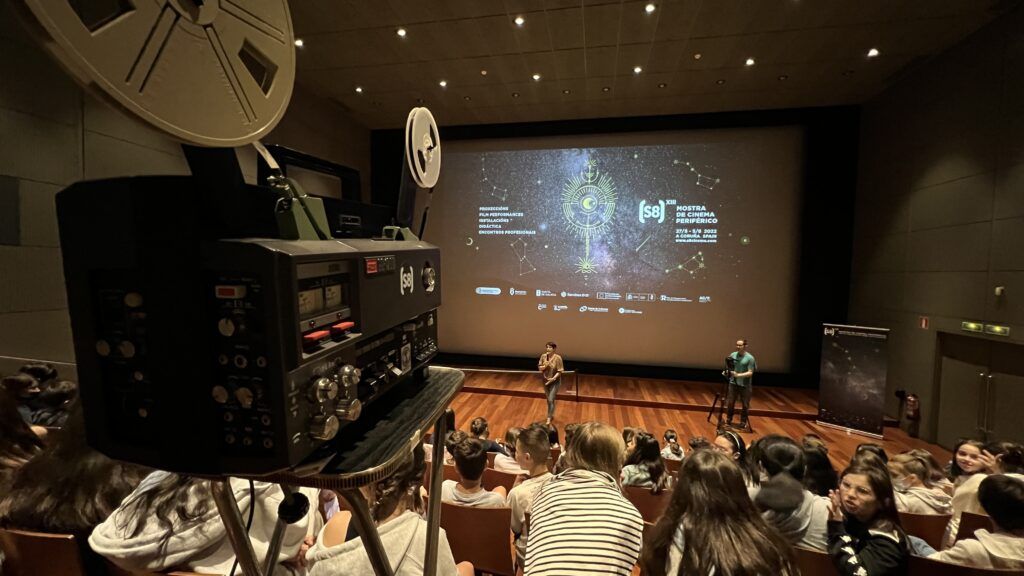
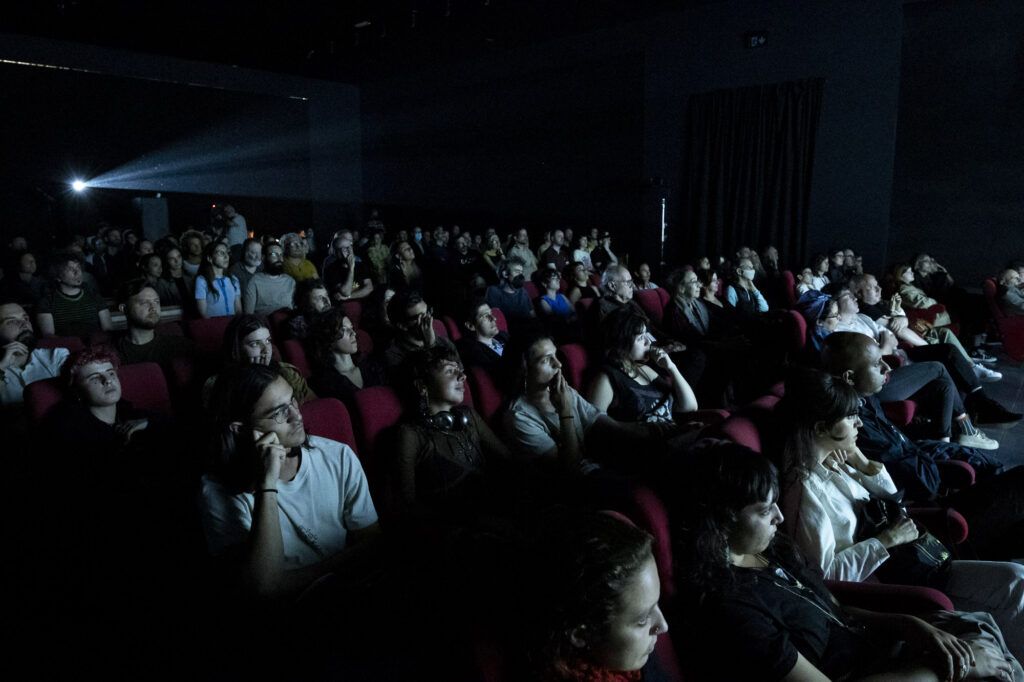
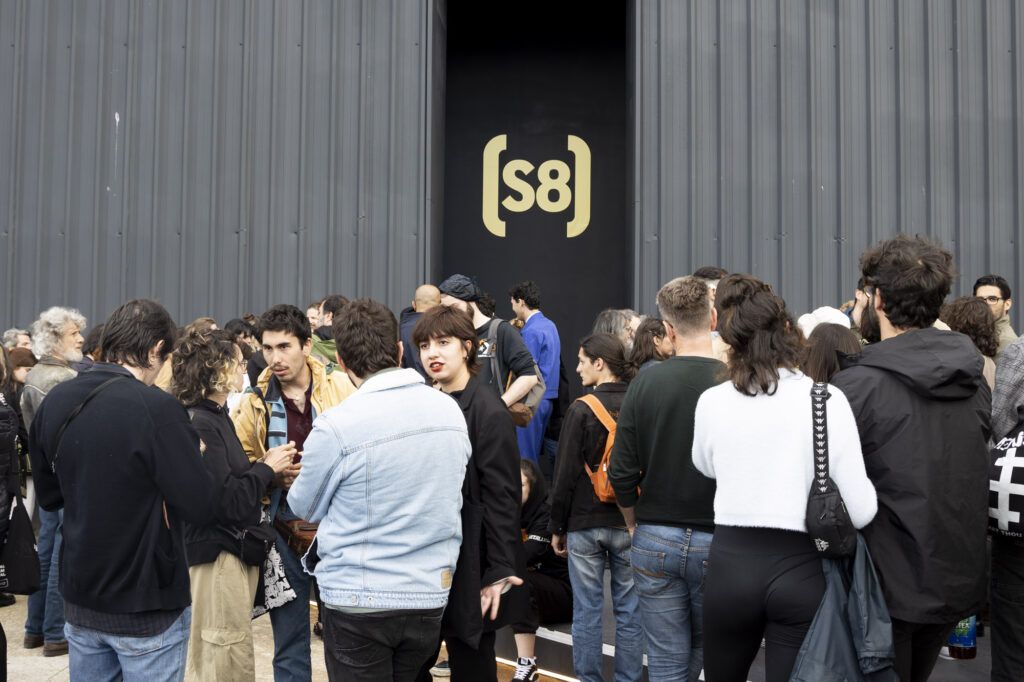
(S8) is commemorating the 20th anniversary of the Cultural Centre of Spain in Mexico with an extensive programme on the works of José Val del Omar
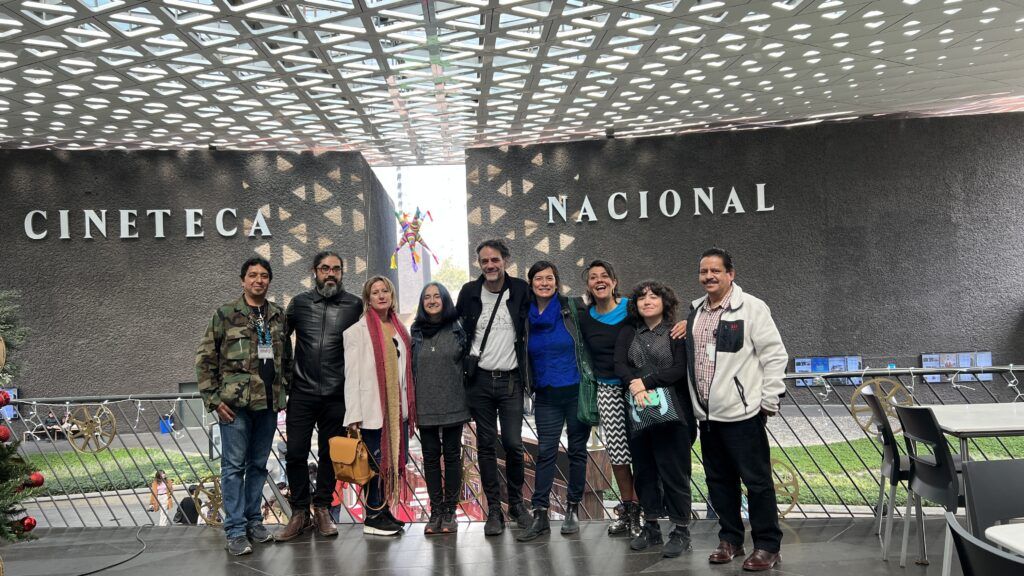
The Cultural Centre of Spain in Mexico celebrated its 20th anniversary by giving Val del Omar his rightful place within the international avant-garde. The general public was thus able to get to know his work and connect it to a wider context, making it possible to acknowledge and highlight his importance in the history of art.
To this end, last December, a conference dedicated to Val del Omar was held, within the context of the project planned by Acción Cultural Española, the (S8) Mostra de Cinema Periferico (S8) and the Val del Omar Archive, and in collaboration with Mexican institutions such as the Cineteca Nacional, the Centre for Digital Culture (CCD) and the Experimental Film Laboratory (LEC).The activities carried out included the performance presentation “Val del Omar, Cinema as an Element” given by Piluca Baquero, director of the Val del Omar Archive, and Elena Duque, filmmaker, educator, and programmer of (S8); the premiere in Mexico of the Elementary Triptych of Spain in 35mm, and the mirror programme curated by (S8) connecting the work of Val del Omar through its three main elements, “Earth, Fire and Water” with that of prominent filmmakers from the international vanguard of past and present such as Ken Jacobs, Marie Menken, Jeannette Muñoz, Colectivo los Ingrávidos, Valentina Alvarado and more.
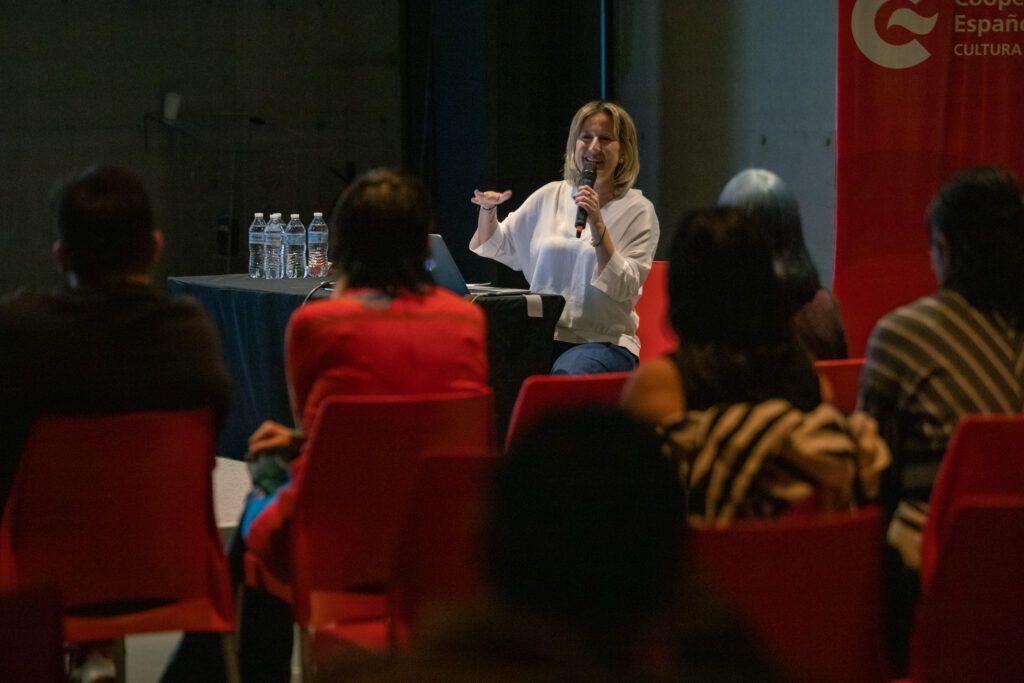
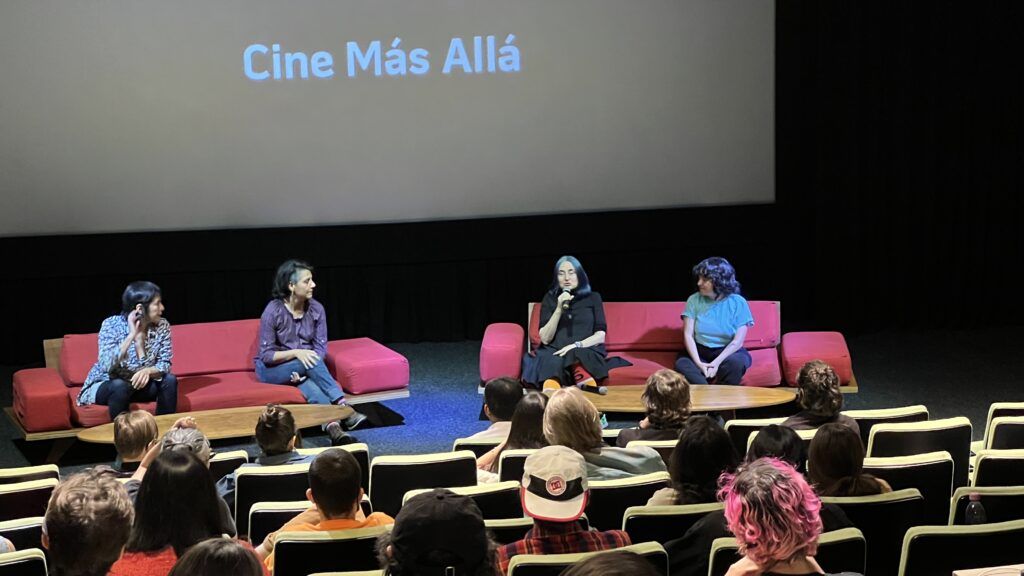
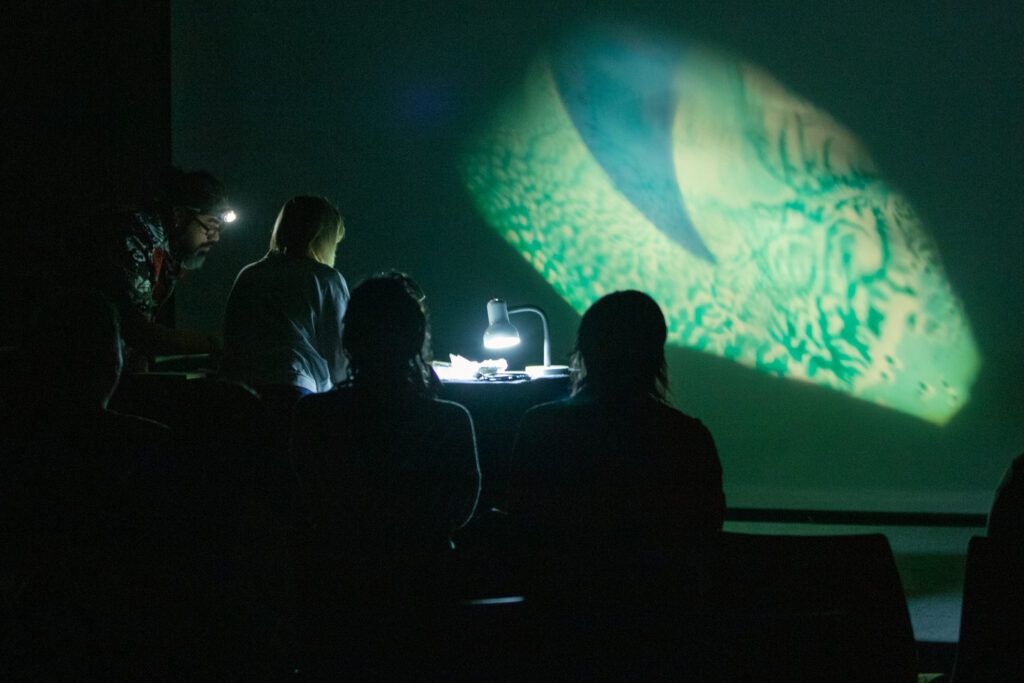
We gave Experimental Film workshops for educational sites in Portugal within the Porto/Post/DOC festival
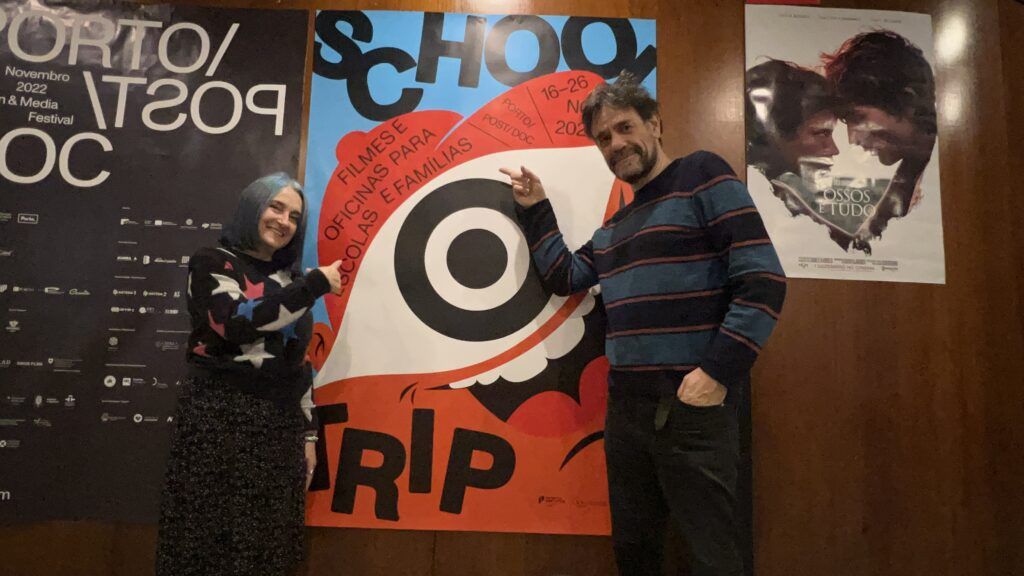
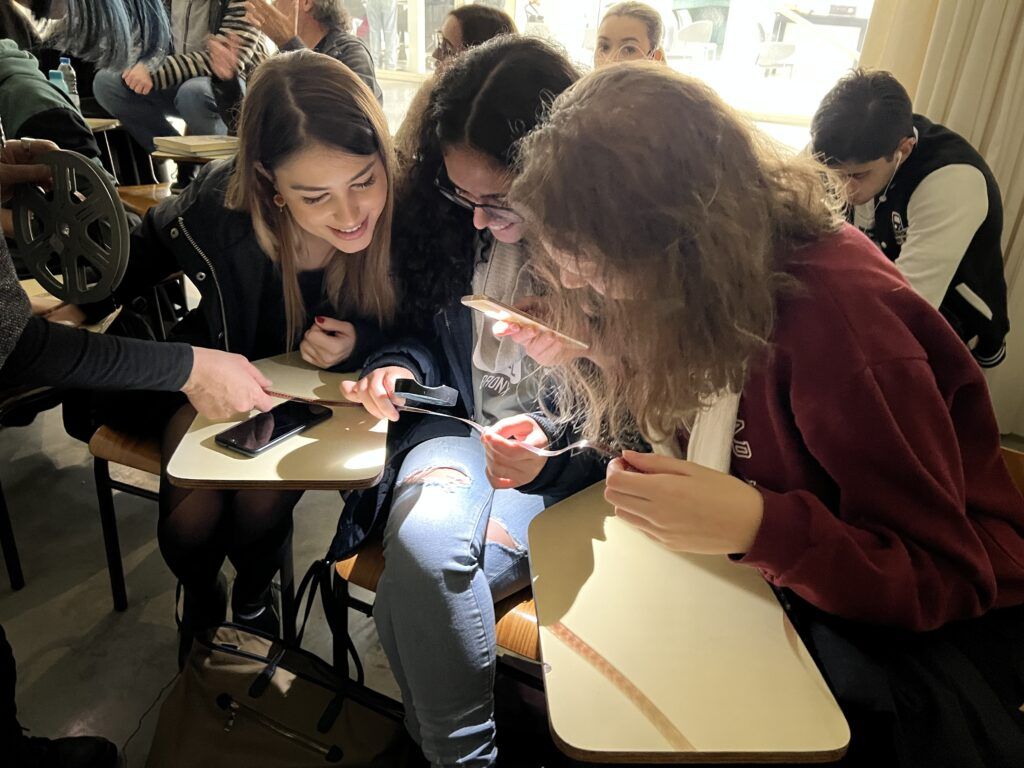
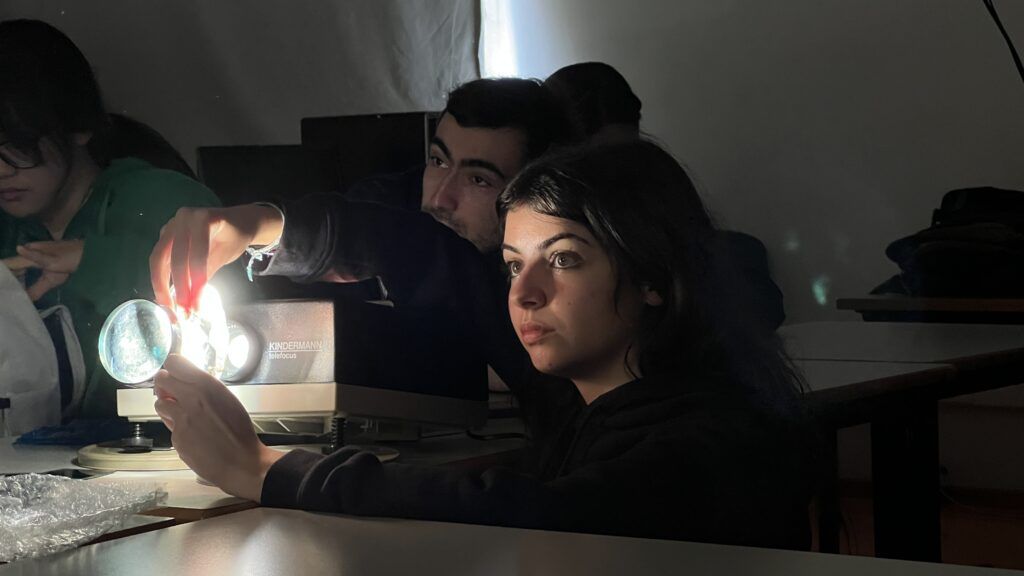
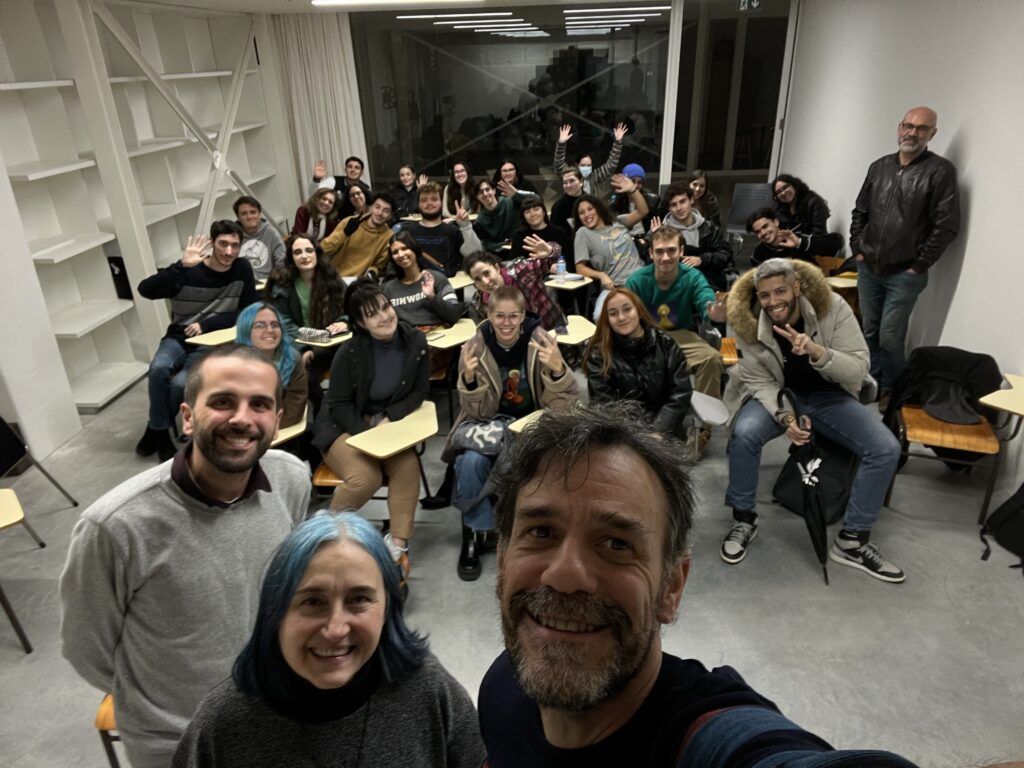
The prestigious Portuguese contemporary documentary film festival Porto Post Doc invited us to hold a series of workshops to explore experimental cinema and its creative processes to make them more familiar to secondary school and university students from six educational institutions and more than 200 students from all around Porto’s metropolitan area.
This exploration was split into two parts: a more theoretical one first, taking a tour of the multiple different ways, means and expressions of experimental cinema, looking at their strengths while becoming familiar with the different filmmakers who have been writing a separate history in parallel to the history of traditional cinema.
In the second part, we went beyond this initiation by viewing the complete works of creators such as Germaine Dulac, Jonas Mekas, Nathaniel Dorsky, Maya Deren and Cécile Fontaine, screened in their original 16 mm format. This served to illustrate the contents and underline film screenings as a unique, irreplaceable collective experience.
We were part of the encounter: “Women at film festivals… where are we?”
Held within the context of the 64th ZINEBI, the Bilbao International Documentary and Short Film Festival, the encounter “Women at film festivals… where are we?” delved into matters such as creating a less competitive environment, building more horizontal and sustainable ways of working, breaking away from the dynamics of exponential growth (ever more screenings, more venues, more premieres, more guest appearances), and from the paradigm of festivals as a business model, while recognising their importance as spaces to generate new imagined worlds and making a commitment to fostering their social impact.
Professional women from the festival sector were widely represented, and it was attended by the co-director of (S8), Ana Domínguez, accompanied by other professionals such as Maialen Beloki (deputy director of Donostia Zinemaldia), Hilke Doering (director of Oberhausen), Gabriela Martí (director of the RIZOMA Festival), Garbiñe Ortega (curator and film producer), Eva Rivera (director of the Dock of the Bay Musical Documentary Film Festival), Joana Sousa (Programming Coordinator for DocLisboa), Gina Petropoulou (director of the Peloponnisos International Documentary Festival) and more.
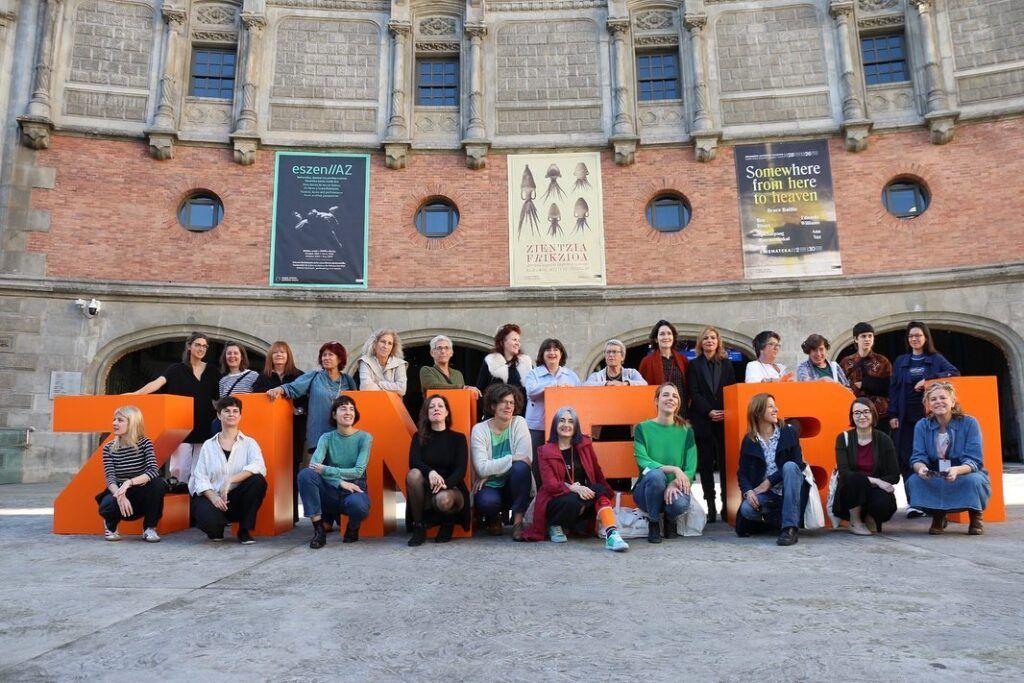
We took part in the panel discussion “Long live the analogue resistance!” at the Seville European Film Festival
As part of the Seville festival and of the cycle “Long Live the Analogue Resistance!” (“¡Viva la Resistencia Analógica!”) curated by Elena Duque, we took part in a panel discussion with Una Ruiz from Zine-lab, a self-managed laboratory in San Sebastián; Pablo Useros, the director of the Master LAV course in Madrid; Julia Cortegana, a specialist in film conservation and restoration as well as being a member of La Digitalizadora, Seville; and Francisco Algarín, a programmer and researcher from Seville.
This was a cycle dedicated to the self-managed, artisanal European film laboratories that have been appropriating analogue-produced media since the mid-90s, bringing together a series of formidable works in Super 8 and 16 mm (among other formats). There was a constellation of handmade films that for the most part were screened in their original format during the festival.
